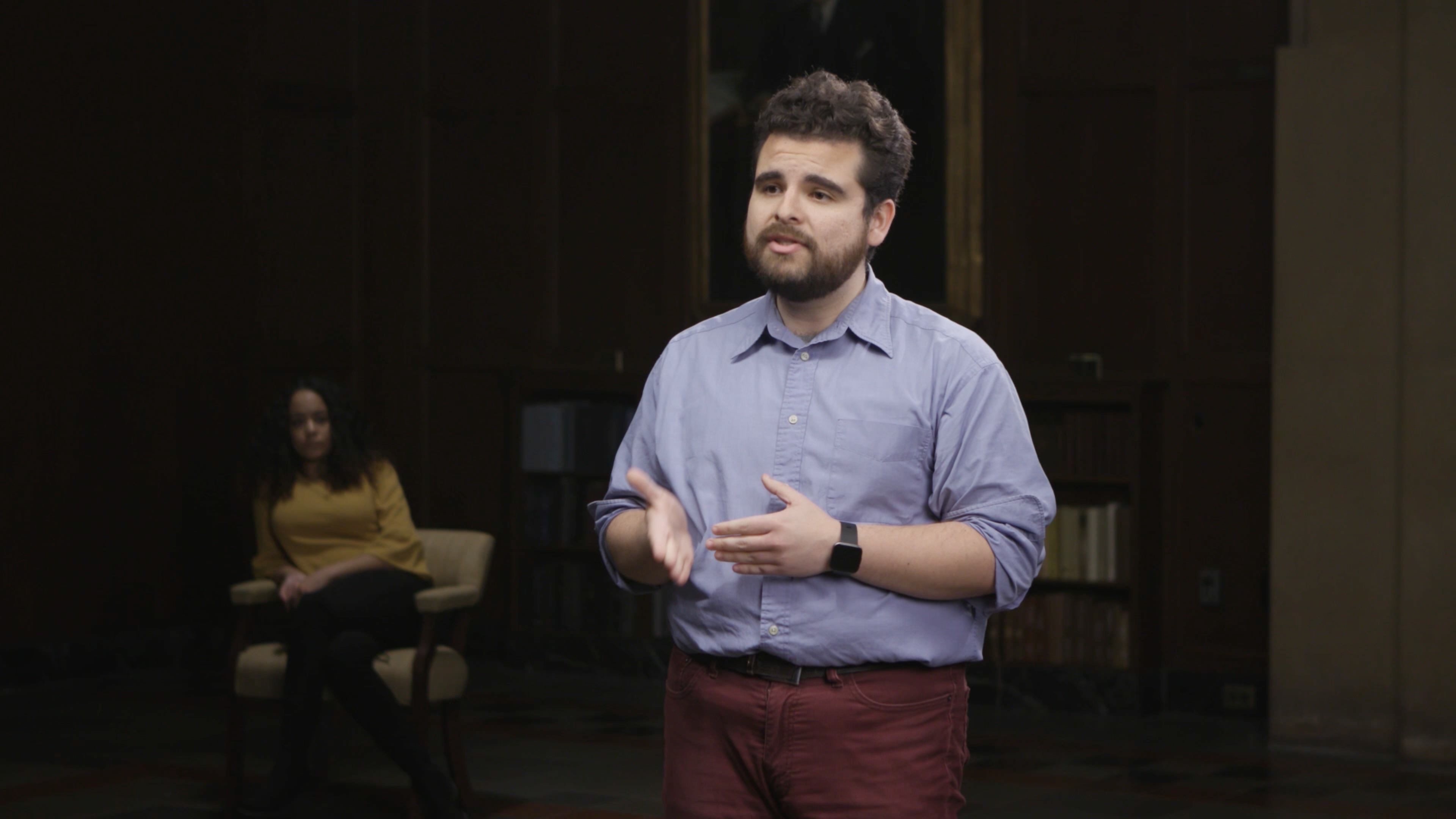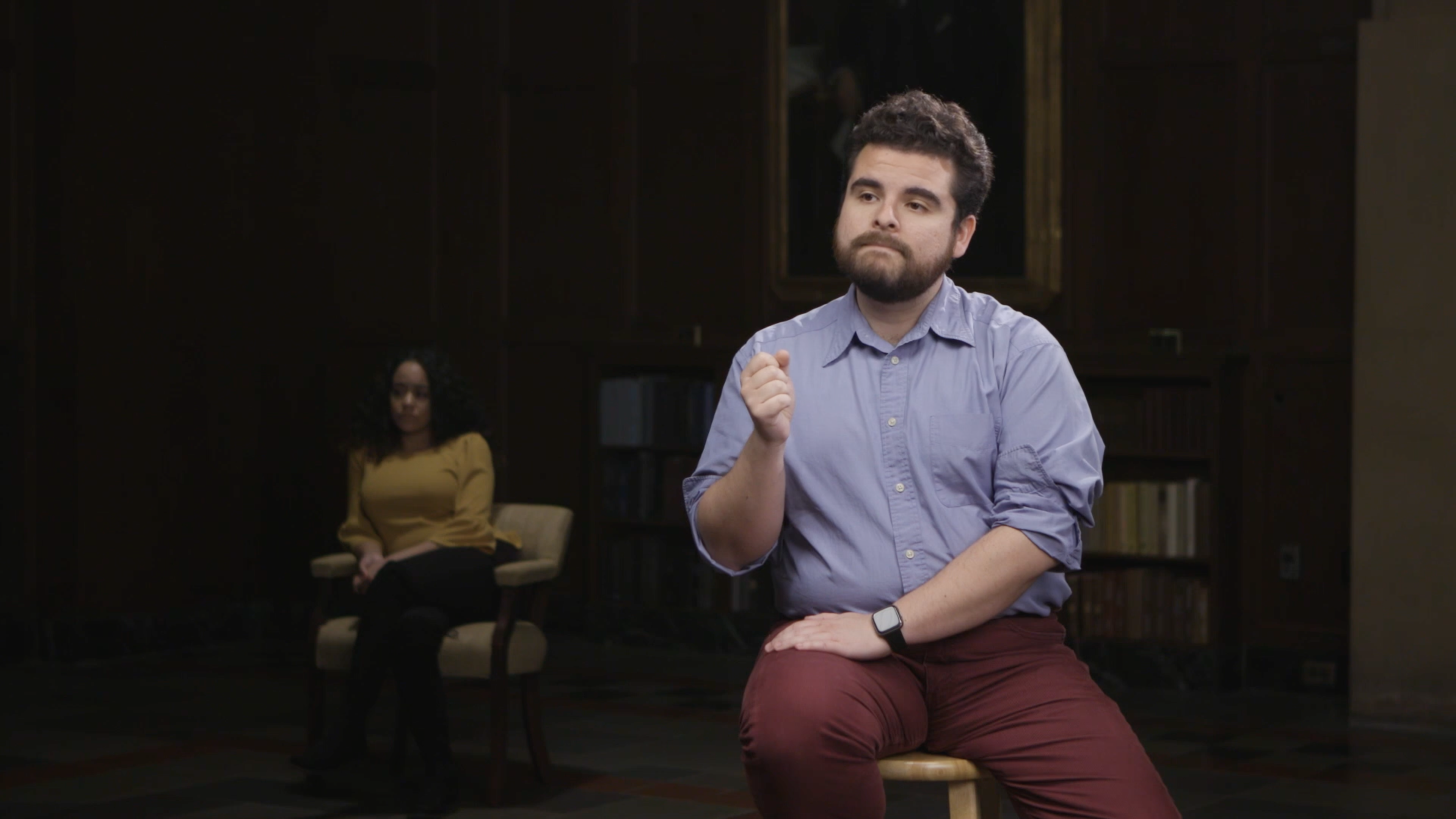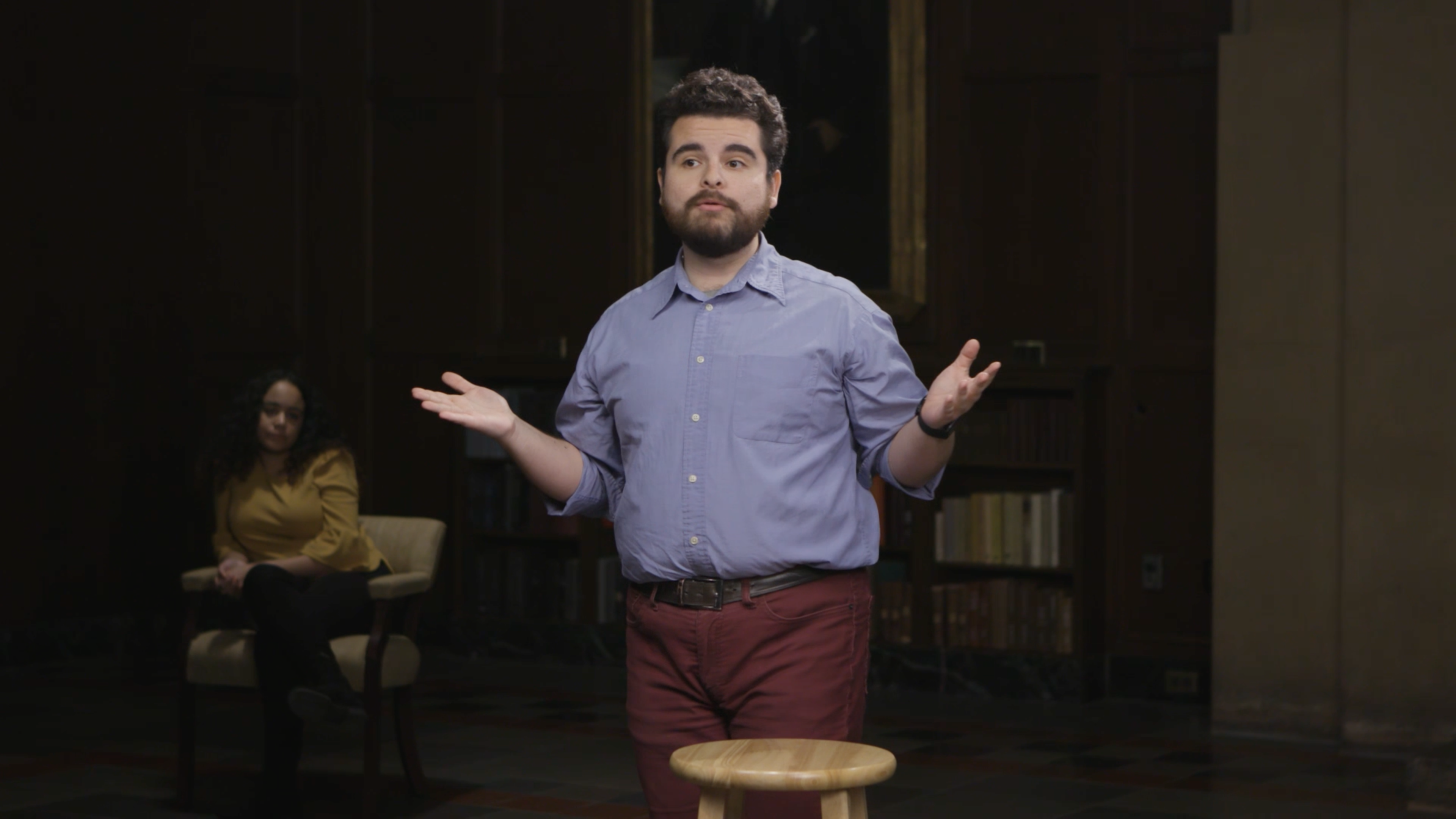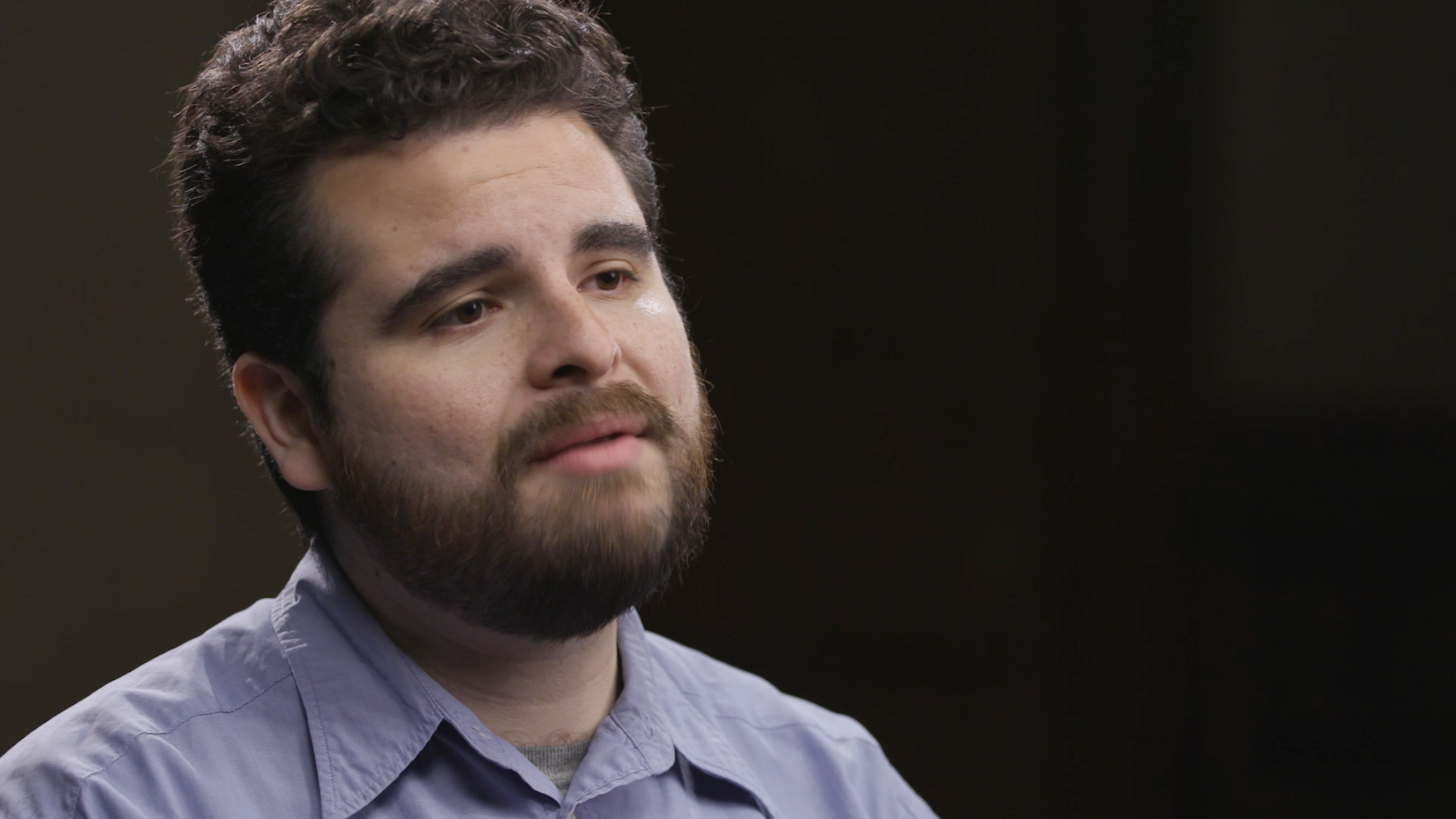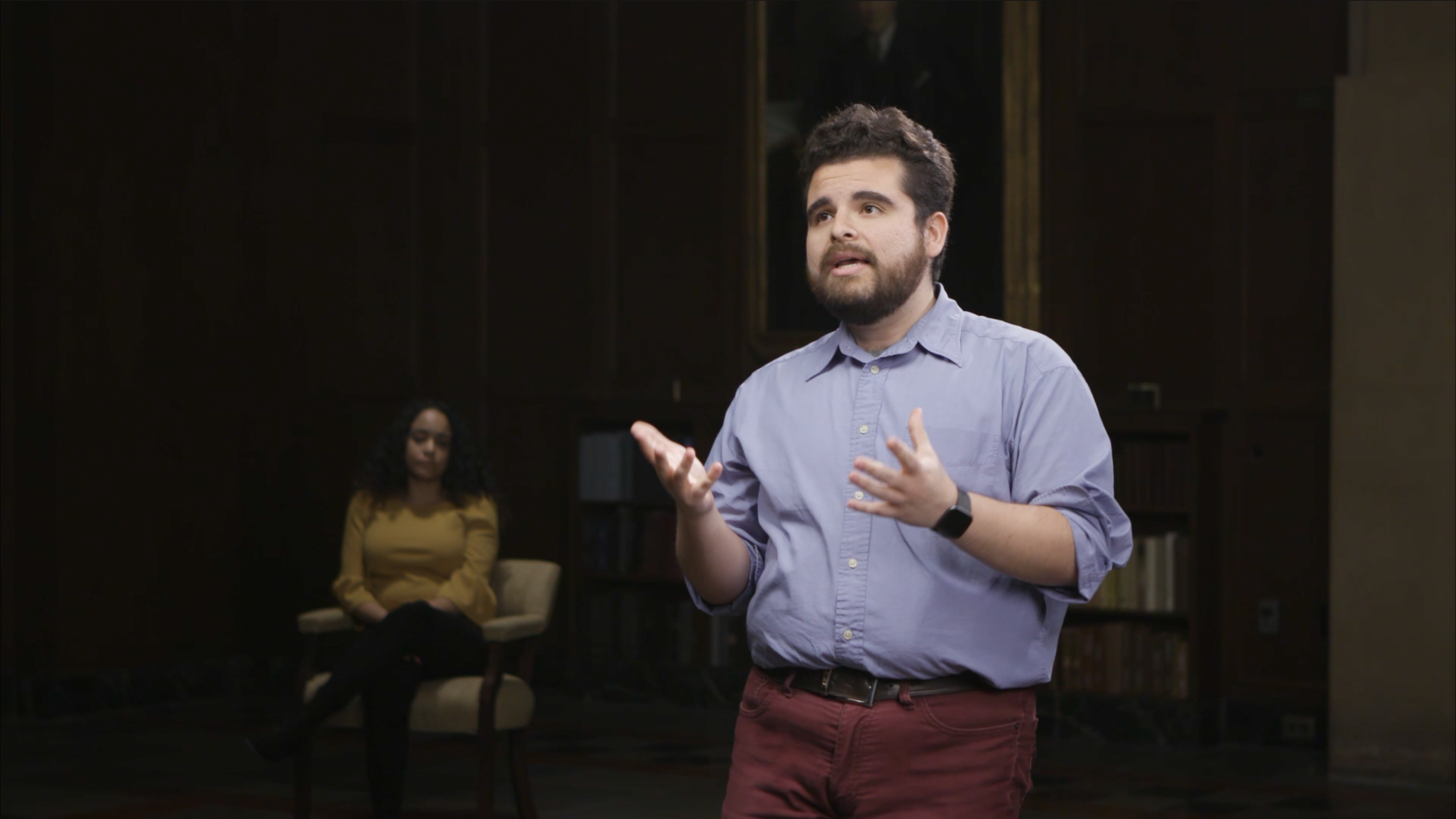Shoulda, Woulda, Coulda:
Moving Beyond Failure and Actively Cultivating a More Equitable Academy
Systems of higher education in the U.S. differently advantage and disadvantage the people who move through them, creating an inequitable status quo. While that status quo can suggest a state of perpetual failure, it is true that individuals--whether administrators, instructors, or learners--make choices to participate in the perpetuation or the disruption of these inequities. This session centers around an embodied case study depicting one faculty member’s meditation on a personal failure and the choices he made afterward to orient proactively toward equity. Through session activities, participants will reflect on what failures of this kind indicate about the educational environments in which they occur and how such reflection might prime them to reshape the spaces in which they have responsibilities. This session is appropriate for faculty, graduate students, and academic leaders.
This session can be offered in a fully virtual, synchronous format (90 minutes) or a fully in-person synchronous format (120 minutes). It will be available in November and December 2024.
**The video performance portion of this session contains strong language. It includes descriptions of sexist, heterosexist, and ableist behaviors and reflection on systemic inequities related to race and socioeconomic status.
In this session, participants will:
- Reflect on failures to act for justice.
- Consider how their lived relationship to social inequities within and outside of their educational environment shape their willingness and ability to act.
- Explore the tension between risk and responsibility when disrupting the status quo.
- Practice identifying opportunities for proactive justice work in their spheres of influence in the academy.
- 861 views

